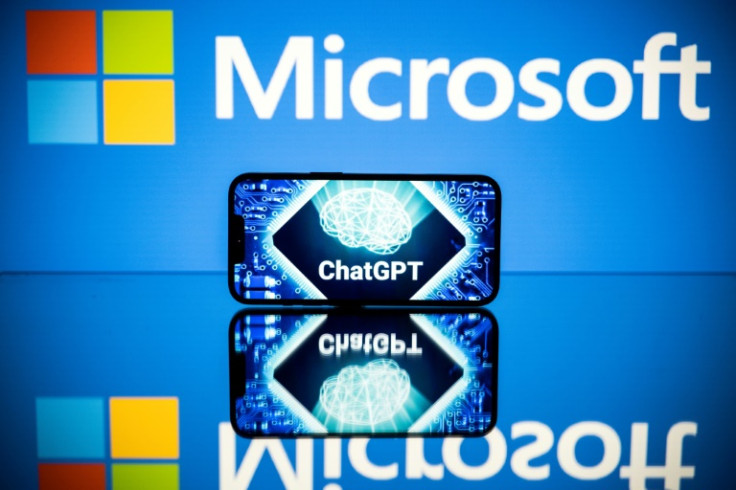Microsoft Drops OpenAI Board Seat As Scrunity Increases

Microsoft has ditched plans to take up a non-voting position on the board of ChatGPT maker OpenAI, according to a letter seen by AFP on Wednesday, as regulators step up scrutiny of deals involving AI companies.
Microsoft's $13-billion tie-up with OpenAI has raised concerns on both sides of the Atlantic about just how much influence the tech giant has over its smaller partner.
Its early investment in OpenAI has made Microsoft a market leader in AI.
When ChatGPT hit the scene in November 2022, it marked the popular arrival of the AI revolution as the chatbot dazzled users with its ability to churn out eloquent text in seconds.
But regulators began examining the partnership after a failed boardroom coup last year against OpenAI CEO Sam Altman -- whom Microsoft supported and even briefly hired.
After the turmoil in OpenAI, Microsoft got a seat on the board as a non-voting observer that it is now giving up.
Microsoft's withdrawal is "effective immediately", according to a letter sent from the company to OpenAI on Tuesday.
"Over the past eight months we have witnessed significant progress by the newly formed board and are confident in the company's direction," the letter stated.
"We no longer believe our limited role as an observer is necessary."
The EU last month concluded after a preliminary examination that Microsoft's investment did not mean it had taken control of OpenAI.
Brussels is however now seeking more information from Microsoft about the agreement with OpenAI to understand whether "certain exclusivity clauses" could harm competition.
Microsoft is also under examination over its ties to OpenAI by British competition regulators, and faced a potential antitrust probe in the United States.
"It is hard not to conclude that Microsoft's decision has been heavily influenced by the ongoing competition/antitrust scrutiny," said Alex Haffner, a competition lawyer, at Fladgate law firm.
Media reports said Apple had similarly given up the chance to sit on OpenAI's board, but the iPhone maker was not immediately available for comment.
Apple had been due to get a seat after partnering with OpenAI for a suite of new AI features on its popular devices -- rolling out soon in markets outside the EU.
The bloc's competition chief, Margrethe Vestager, has put big tech on alert over investments in the fast-growing AI market and insisted that the EU continues to keep an eye over the sector.
With regulators focused on "the complex web of inter-relationships that big tech has created with AI providers", lawyer Haffner said there was a "need for Microsoft and others to carefully consider how they structure these arrangements going forward".
Another phenomenon in the AI market in the EU's crosshairs is so-called "acqui-hires" -- when a company acquires another firm mainly to grab its key talent -- with Brussels racing to understand if it distorts competition.
Microsoft earlier this year announced a deal to hire senior figures from OpenAI rival Inflection, including its boss, to head up a newly created consumer AI unit.
But unlike a merger, Inflection still operates as an independent company and such a move by Microsoft means it avoids a traditional merger probe.
Regulators have the right to block mergers if there are fears of damage to competition.
© Copyright AFP 2024. All rights reserved.




















